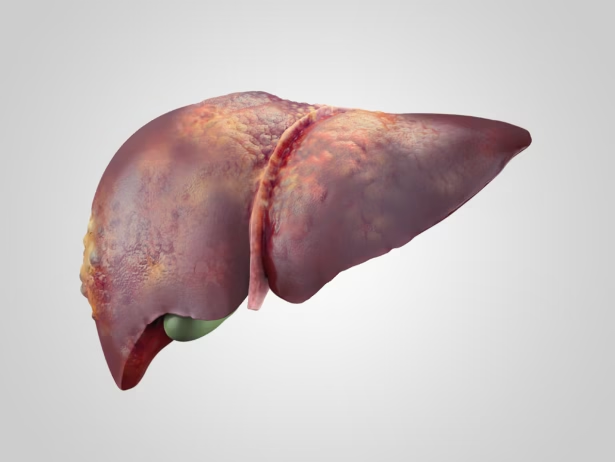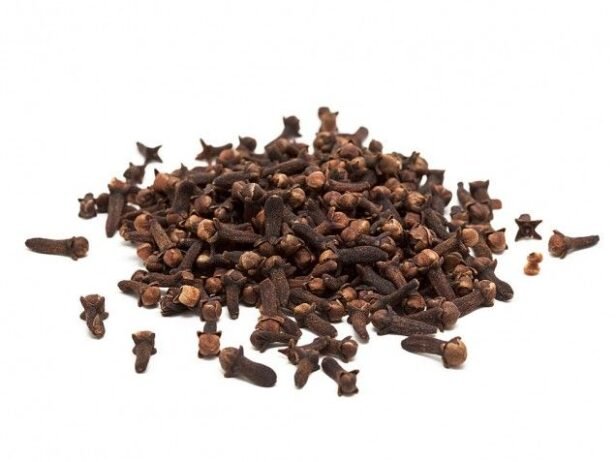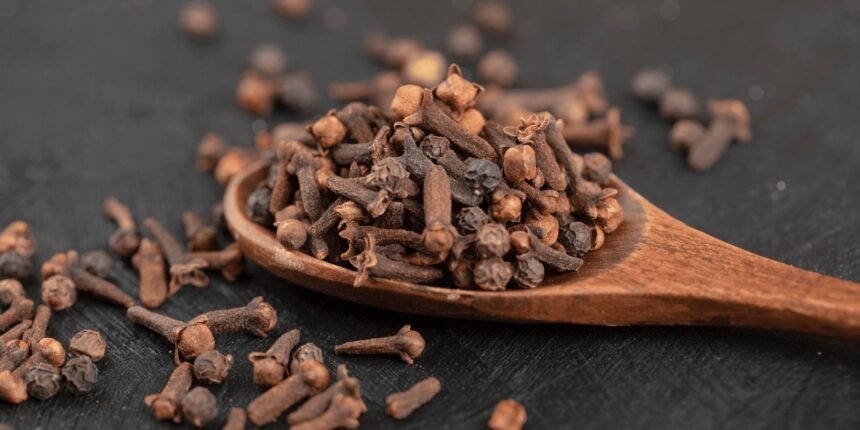Cloves aren’t just a staple in your spice rack for adding warmth to pumpkin pie or mulled wine—they’re a powerhouse of natural remedies packed into tiny, aromatic buds. Derived from the flower buds of the Syzygium aromaticum tree, cloves have been used for centuries in traditional medicine systems like Ayurveda and Traditional Chinese Medicine. The star player here is eugenol, a compound that gives cloves their distinctive scent and delivers potent anti-inflammatory, analgesic, antioxidant, and antimicrobial effects.
But what happens when you pop a clove into your mouth and start chewing? The question focuses on immediate benefits for cough relief, ulcer reduction, and liver function regulation. While some effects kick in right away (like soothing a scratchy throat), others build over time but can start providing support from the first chew. In this blog post, we’ll dive into the science-backed details, drawing from reliable health sources and studies. Remember, while cloves are generally safe in moderation, consult a healthcare professional for personalized advice, especially if you have underlying conditions.
Immediate Cough Relief: Soothing Your Throat in Minutes


If you’ve ever dealt with a persistent cough—whether from a cold, allergies, or irritation—chewing a clove might be your quick-fix hero. Here’s how it works:
- The Mechanism Behind the Magic: Eugenol acts as a natural expectorant, helping to thin out mucus in your respiratory tract so it’s easier to expel. More importantly for immediate relief, it has mild anesthetic properties that numb throat irritation on contact. This reduces the cough reflex by relaxing throat muscles and alleviating inflammation. Traditional practices, like those in Chinese medicine, have long recommended chewing cloves for sore throats and coughs because of this soothing effect.
- Why It’s Immediate: When you chew a clove, the essential oils are released directly into your mouth and saliva, providing a numbing sensation almost instantly—often within minutes. This can suppress coughing fits and ease discomfort from dry or productive coughs. For example, clove oil is known to act as an expectorant for upper-respiratory issues, making breathing feel easier right away. Studies highlight that eugenol’s analgesic effects can increase saliva production, further lubricating and calming the throat.
- How to Use It: Simply chew on 1-2 whole cloves slowly for 5-10 minutes, or until the flavor fades. You can also crush them and mix with honey for a soothing paste. A study noted that this traditional remedy effectively eases nocturnal coughs and respiratory ailments. Bonus: Cloves’ antimicrobial properties can target bacteria causing infections, adding an extra layer of defense.
Pro tip: If your cough persists beyond a week or comes with fever, see a doctor—cloves are a complement, not a cure.
Ulcer Reduction: Protecting Your Gut Lining from the Start


Ulcers, whether in the mouth (canker sores) or stomach (peptic ulcers), can be excruciating. Chewing cloves offers a natural way to reduce their severity and even prevent new ones, thanks to eugenol’s gastroprotective qualities. While full healing takes time, the initial relief and protective effects can begin promptly.
- The Mechanism at Work: For stomach ulcers, cloves stimulate the production of gastric mucus, which forms a barrier against acid erosion and irritants like stress, infections (e.g., H. pylori), or NSAIDs. Eugenol helps by reducing inflammation and promoting tissue repair. Animal studies show that clove compounds can treat peptic ulcers by enhancing this mucus layer. For mouth ulcers, the analgesic effect provides fast pain relief by numbing the area.
- Why It’s (Somewhat) Immediate: Chewing releases eugenol directly, which can start soothing oral ulcers in just a few minutes by reducing pain and inflammation. For stomach ulcers, swallowing the chewed clove or its juices allows the compounds to reach the gut quickly, offering initial protection against further damage. Research indicates cloves can alleviate ulcer-related pain and support healing, with effects noticeable in managing symptoms soon after use.
- How to Incorporate It: Chew 1-2 cloves after meals to aid digestion and protect against ulcers. You can also brew clove tea for a gentler approach. One study emphasized that essential oils from cloves cure stomach ulcers due to eugenol’s capabilities. If you’re prone to ulcers, combining this with a balanced diet can amplify benefits.
Liver Function Regulation: Kickstarting Antioxidant Defense


Your liver is the body’s detox powerhouse, filtering toxins and regulating metabolism. Cloves support this vital organ through their antioxidant prowess, helping to regulate function and prevent damage. While optimal liver health builds over time, the immediate influx of antioxidants from chewing can start neutralizing free radicals right away.
- The Science of Support: Eugenol and other antioxidants in cloves combat oxidative stress—a key culprit in liver diseases like fatty liver or toxin-induced damage. They improve liver enzyme levels, reduce inflammation, and enhance detoxification processes. Studies on animals have shown clove extracts leading to better liver function by lowering oxidative stress and inflammation. This regulation helps maintain balanced liver activity, potentially protecting against scarring or fatty buildup.
- Immediate Aspects: Upon chewing, the bioactive compounds are absorbed quickly through the mouth and digestive system, providing an instant boost of antioxidants that begin fighting free radicals. While full regulation isn’t instantaneous, this initial action can support liver health from the get-go, especially in preventing acute stress. Research suggests eugenol reduces liver damage caused by toxins, with protective effects starting soon after consumption.
- Practical Tips: Chew a clove daily on an empty stomach for potential blood sugar and liver benefits, or add to teas. Moderation is key—high doses could ironically harm the liver, so stick to 1-3 cloves per day.
Final Thoughts: Chew Wisely for Natural Wellness
Chewing cloves is a simple, accessible way to tap into nature’s pharmacy for cough relief, ulcer reduction, and liver support. The immediate perks, like throat numbing for coughs or quick pain ease for ulcers, make it a go-to remedy, while longer-term antioxidant effects bolster liver regulation. Start small—try chewing one clove after dinner—and monitor how your body responds.
That said, cloves are potent: Overdoing it can lead to side effects like nausea or, rarely, liver issues in high amounts. Pregnant individuals, those on blood thinners, or with allergies should avoid them. Always pair natural remedies with professional medical advice for the best results.
Have you tried chewing cloves? Share your experiences in the comments below—I’d love to hear how it’s worked for you!


